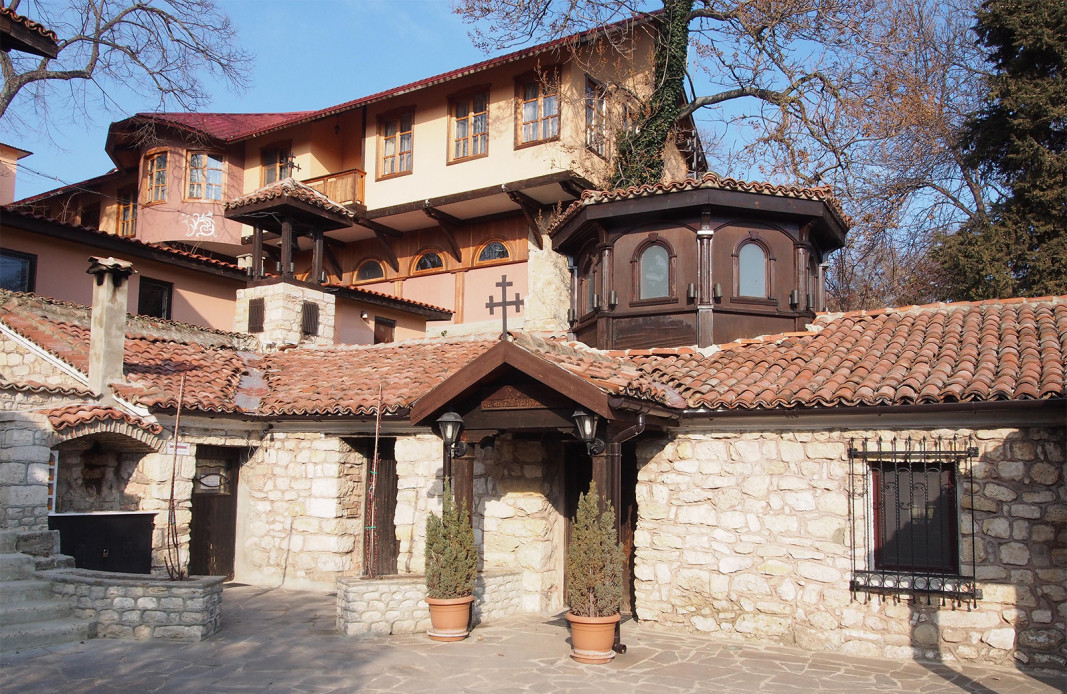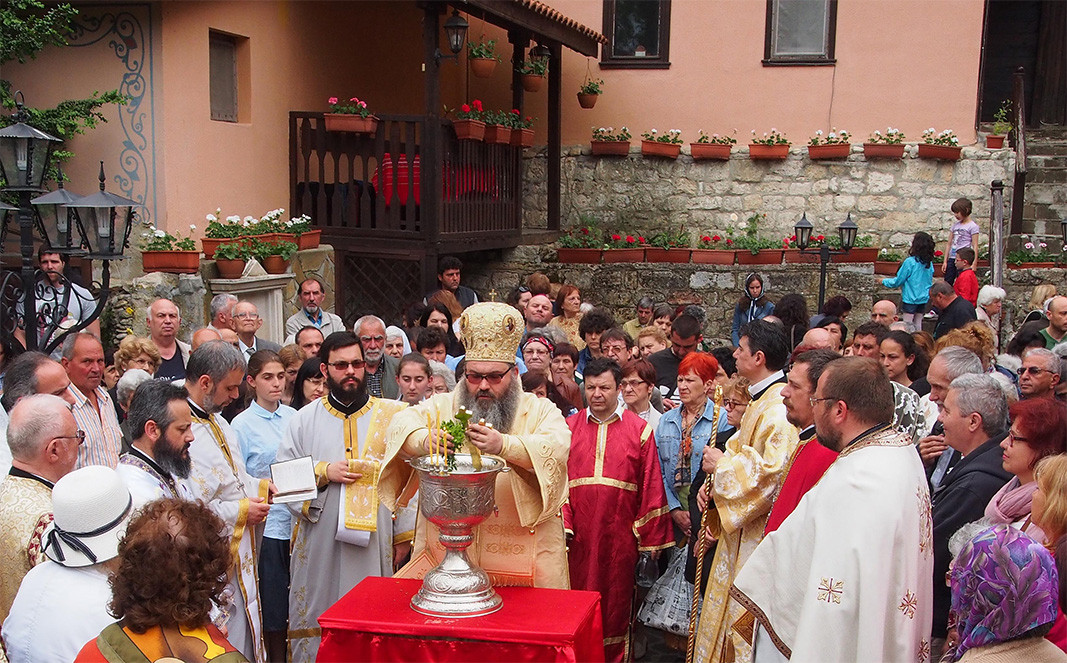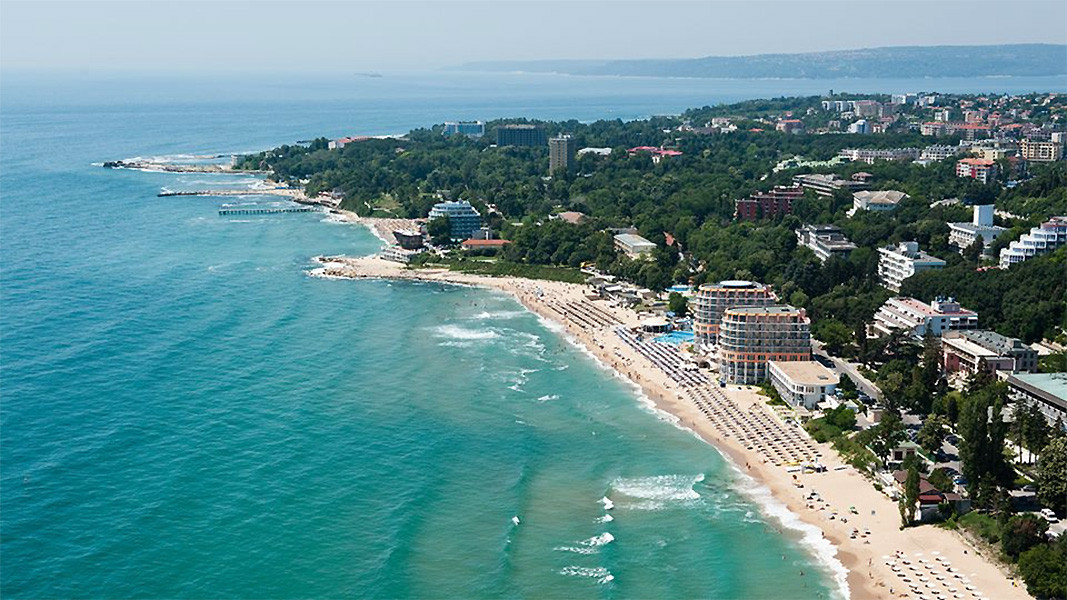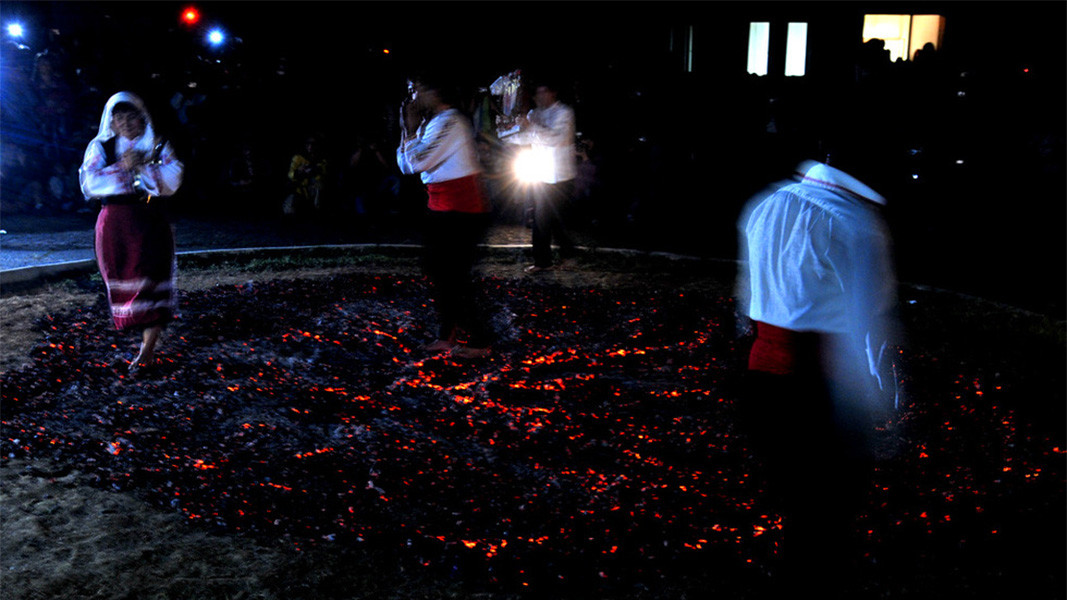On May 21 the Orthodox Church celebrate the memory of the holy Great Sovereigns Constantine and Helena, equal to the apostles.
In 313, AD Emperor Constantine issued an edict for the free confession of Christian faith. The document put an end to the persecution of Christians. Roman Emperor Constantine and his mother Queen Helena proclaimed and established the Christian faith in the whole of the Roman Empire.
In 325, AD Emperor Constantine convened the First Ecumenical Council. According to some sources, he sent his mother Helena on a pilgrimage to the city of Jerusalem to search for Christian relics. The legend has it that Helena pointed to a place where three crosses were uncovered, including the Holy Cross on which Christ was crucified. At Helen’s instructions and with her own funds, several churches were built in Bethlehem, on Mount Eleon, etc.

In Bulgaria May 21 is the holiday of dozens of Christian temples that bear the name of the saints, including the Monastery of Sts Constantine and Helen located at the heart of the seaside resort bearing the same name. According to the legends, the monastery was founded back in the 14th century near a holy spring.

At 9 am today, a solemn liturgy and a water blessing ceremony will take place at the monastery, which will give the start of a programme dedicated to the holiday of the first Bulgarian seaside resort Saints Constantine and Helena. The resort was established in the 20th century when the largest children’s sanatorium in the Balkans was built in the resort complex.

In Bulgaria a whole spectrum of rituals and traditions are associated with the names of Saints Constantine and Helena. May 21 is the day of fire dancing (dancing on live embers), performed in Strandzha Mountain. The ritual is known in Bulgaria as Nestinarstvo (and the people performing it are "Nestinari") Until the end of the 19th century, this custom was common in the villages on both sides of the Greece-Bulgaria border. However, the tradition was almost eradicated after the Balkan War of 1912. It remained only in hardly accessible areas of Strandzha Mountain, where the village of Bulgari (formerly known as Urgari) is located.

Bulgarians who bear the names Konstantin, Elena, Elka, Elenko, Lena, Lenka, Lenko, Kostadin, Kostadinka and Dinko celebrate their name day on May 21.
Editing by: Elena Karkalanova
English version: Kostadin Atanasov
Photos: BGNES and bgtourism.bg
Father Genadiy Martinov is a Bessarabian Bulgarian, born in the village of Devetliy, Odessa province (Ukraine). Two centuries ago, his family lived in Eastern Thrace, near Edirne, but after the end of the Russo-Turkish War (1828–1829), during a period..
An intact grave of a young woman dating to the beginning of the 2nd century AD has been discovered by archaeologists near the village of Kapitan Petko Voivoda, Topolovgrad Municipality announced. The team that made the discovery is led by Daniela Agre..
On October 14, the Bulgarian Orthodox church pays homage to Saint Paraskeva, also called St. Petka of Tarnovo and the day is known in Bulgaria as "Petkovden". Saint Petka was born in the 11th century in the town of Epibat, on the Sea of..

+359 2 9336 661
